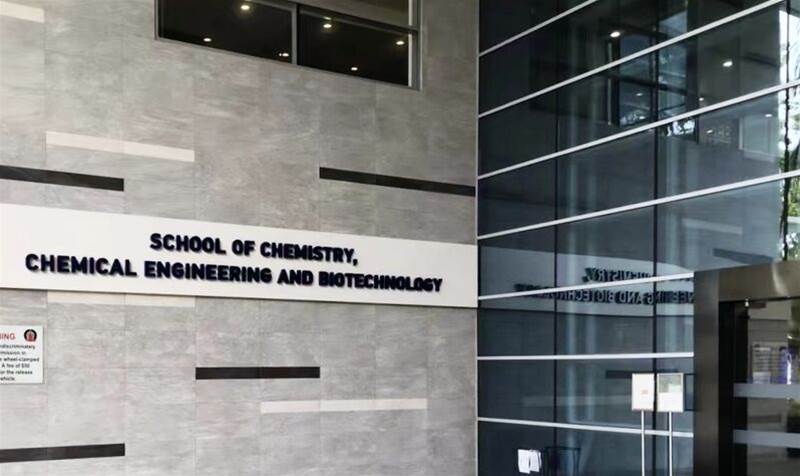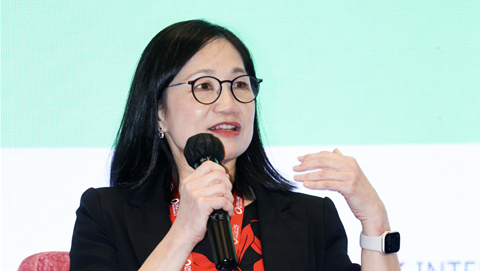Nanyang Technological University, Singapore (NTU) has partnered with Chemical.AI, an artificial intelligence company aiding chemical research to advance the automation progress in nanomaterials labs.
Chemical.AI will build the first automated research platform for NTU’s nanomaterials studies.
This collaboration is expected to "significantly" enhance the performance and efficiency of nanomaterial research and development (R&D) by facilitating independent analysis of large experimental datasets, as well as making synthesis and measurement processes more intelligent.
NTU's professor Xing Yi Ling from the School of Chemistry, Chemical Engineering and Biotechnology said: "With AI-empowered syntheses and measurements, NTU scientists now have more time to concentrate on creative thinking, affording boundless possibilities for novel discoveries and expanded applications."
With integrated technologies of algorithms and equipment, Chemical.AI would provide a fully automated and intelligent solution for NTU to set a "strong" precedent for future explorations and research in novel materials.
For instance, Chemical.AI's solution, ChemAIoT enables hybrid robots utilising proprietary AI algorithms to achieve full-process automation and intelligence in chemical laboratories across various fields.
The company said it leverages over a decade of chemical informatics as its foundation and 60 million chemical big data as its backbone.
Designed to address real-world chemical lab needs and chemistry challenges, Chemical.AI algorithms can be utilised to customise reliable lab automation solutions and optimise lab module navigations.
Each workstation performs tasks autonomously and collaborates with other stations or a human researcher whenever needed.
ChemAIoT is also highly compatible with various third-party devices that integrate with current laboratory equipment. It helps build the Internet of Things (IoT) and collect experimental data for AI modelling.
NTU will consolidate experimental data, establish databases of reaction conditions and results, and develop AI models to optimise reaction conditions for the synthesis of nanomaterials and identify compound ingredients based on optical spectrum.
Chemical.AI's CEO, Ning Xia, said the firm aims to support chemists in various disciplines by optimising lab productivity and accuracy.
"I'm confident that this platform will revolutionise novel material discovery and analysis," he added.









